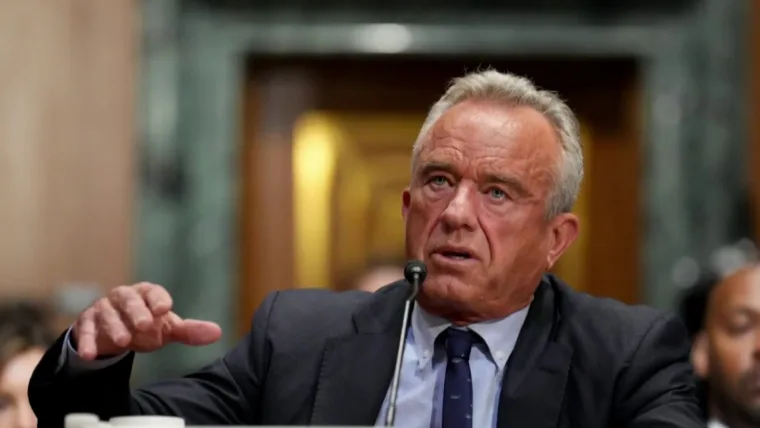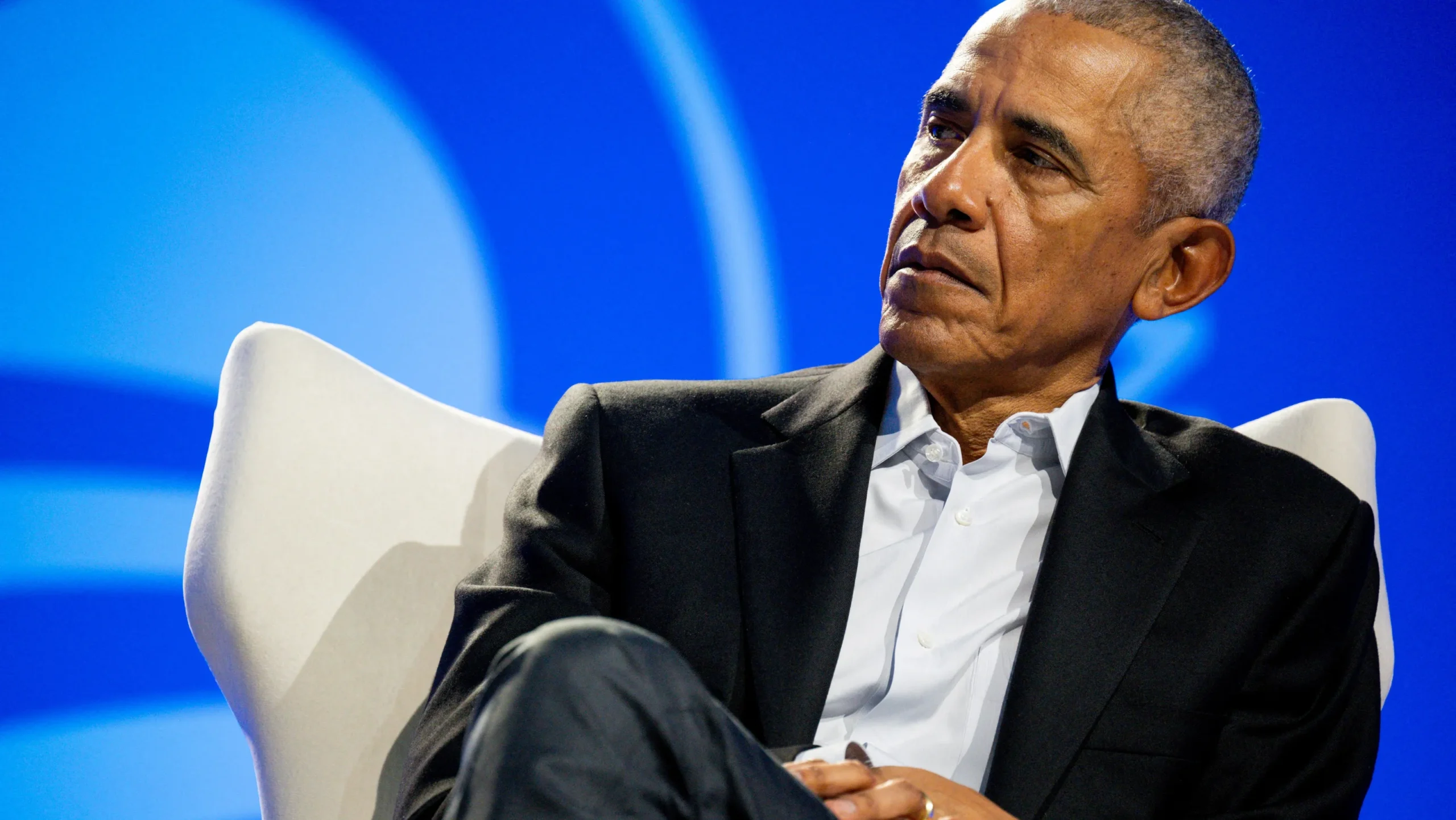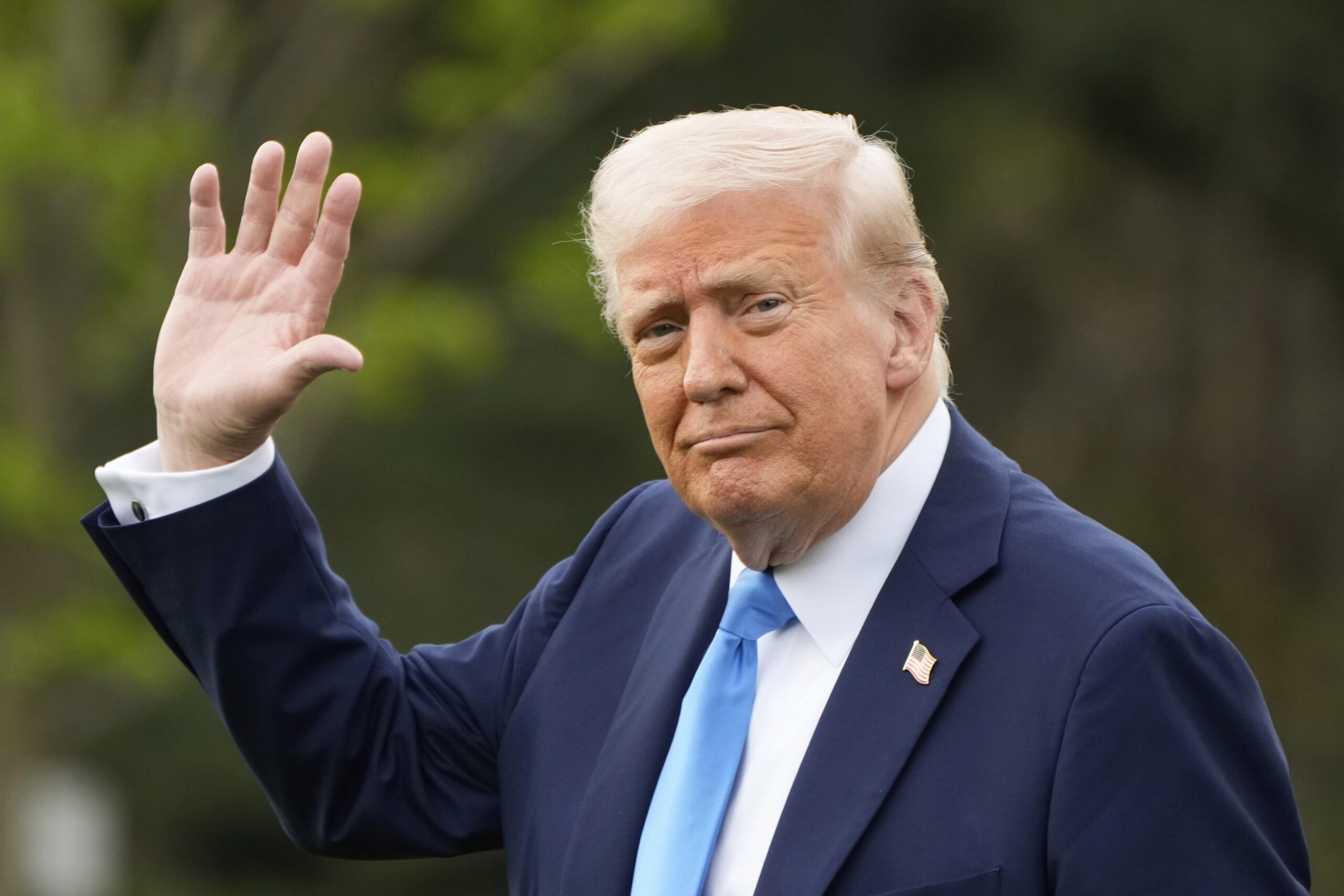A Storm in Public Health
In 2025, Robert F. Kennedy Jr., the U.S. Health and Human Services Secretary, has turned the public health world upside down. His sweeping changes to the Centers for Disease Control and Prevention (CDC), including firing its director and replacing the entire vaccine advisory panel, have raised alarms among experts. Ousted CDC officials, like former director Dr. Susan Monarez, warn that these moves could limit children’s access to life-saving vaccines, threatening decades of progress in fighting preventable diseases.
The CDC Shake-Up: What Happened?
RFK Jr.’s Bold Moves
In June 2025, RFK Jr. fired all 17 members of the CDC’s Advisory Committee on Immunization Practices (ACIP), claiming they were riddled with conflicts of interest. He replaced them with vaccine skeptics, a decision that stunned public health experts. By August, he ousted CDC Director Dr. Susan Monarez, who refused to rubber-stamp unverified vaccine policies or fire career scientists without cause.
Dr. Susan Monarez’s Exit
Dr. Monarez, a respected infectious disease researcher, was sacked just 29 days into her tenure. She testified before the Senate that Kennedy demanded she pre-approve ACIP recommendations without evidence and dismiss key vaccine policy staff. Her refusal led to her firing, sparking resignations from other top CDC officials, including Dr. Debra Houry, who cited threats to scientific integrity.
A New ACIP with a Different Agenda
The reconstituted ACIP, now led by figures like Dr. Martin Kulldorff, who question routine vaccinations, is set to review critical childhood vaccines like hepatitis B, MMRV, and COVID-19 shots. Critics fear this panel may delay or weaken recommendations, potentially disrupting school mandates and insurance coverage. The panel’s first meeting, held September 18-19, 2025, has heightened concerns about its direction.
Why This Matters for Children’s Vaccines
The Role of ACIP in Vaccine Access
The ACIP sets the U.S. childhood vaccine schedule, influencing which shots are required for school and covered by insurance. Its recommendations ensure free vaccines for low-income families through the Vaccines for Children program. Any changes could reduce access, leaving kids vulnerable to diseases like measles or hepatitis B.
Potential Changes to the Vaccine Schedule
Reports suggest the new ACIP may delay the hepatitis B vaccine from birth to age four, a move pediatricians call reckless. This could reverse a 99% drop in hepatitis B cases among U.S. children since 1991. There’s also talk of limiting COVID-19 vaccines to those 75 and older, despite evidence of their safety in kids.
The Risk of Declining Vaccination Rates
Fewer vaccine recommendations could weaken school mandates, reduce insurance coverage, and confuse parents. Pediatricians report that unclear guidelines make it harder to convince families to vaccinate, especially amid rising vaccine hesitancy fueled by misinformation. This risks outbreaks of preventable diseases, as seen in recent measles resurgences.
The Public Health Fallout
Ousted Officials Sound the Alarm
Dr. Monarez and Dr. Houry have warned that RFK Jr.’s actions prioritize politics over science. Monarez told senators that Kennedy required CDC decisions to be cleared by political staff, a break from past practice. Houry highlighted staff fears after a shooting at the CDC’s Atlanta campus, linked to anti-vaccine rhetoric, which left employees traumatized.
A Senate Hearing Turns Heated
On September 4, 2025, RFK Jr. faced a fiery Senate Finance Committee hearing. Senators from both parties grilled him on his vaccine skepticism and CDC upheaval. Republican Senator Bill Cassidy, a doctor, accused him of “denying people vaccines.” Kennedy deflected, claiming he’s not anti-vaccine but wants “transparency.” Critics called his responses evasive.
States Push Back
States like California, Oregon, and Washington have formed a “health alliance” to independently review vaccine data, citing distrust in the CDC under Kennedy. Colorado has updated laws to ensure vaccine access, consulting groups like the American Academy of Pediatrics. Meanwhile, Florida plans to end all vaccine mandates, highlighting a growing divide.
A Personal Perspective on Vaccines
A Parent’s Dilemma
I remember taking my daughter for her first vaccines. The pediatrician’s calm explanation of how they’d protect her from diseases like measles eased my nerves. But today’s uncertainty would’ve made that visit tougher. Parents are caught between trusting science and navigating a flood of conflicting messages, often amplified by figures like Kennedy.
The Human Cost of Doubt
A friend who’s a pediatric nurse shared a story about a family who skipped their child’s MMR vaccine due to online rumors. Months later, their toddler caught measles during an outbreak. “It was heartbreaking,” she said. “They thought they were protecting their kid, but misinformation led to suffering.” Cases like this show what’s at stake when trust in vaccines erodes.
Comparing Vaccine Policies: Past vs. Present
| Aspect | Pre-2025 CDC Policy | RFK Jr.’s 2025 Changes |
|---|---|---|
| ACIP Composition | Independent experts, rigorous vetting | Hand-picked members, many vaccine skeptics |
| Vaccine Recommendations | Evidence-based, widely adopted | Potential delays or restrictions |
| Childhood Vaccine Schedule | 16 immunizations, mandatory for schools | Under review, possible reductions |
| Public Trust | High, with occasional skepticism | Declining due to political interference |
| State Response | Followed CDC guidance | Some states creating independent policies |
This table shows how Kennedy’s policies depart from decades of evidence-based practice, risking confusion and reduced vaccine uptake.
Pros and Cons of RFK Jr.’s Approach
Pros:
- Transparency Push: Kennedy claims his changes aim to restore public trust by addressing perceived conflicts of interest.
- Focus on Choice: His rhetoric emphasizes parental freedom to make vaccine decisions.
- Highlighting Industry Issues: He raises valid concerns about pharmaceutical profits, resonating with some skeptics.
Cons:
- Undermining Science: Replacing experts with skeptics threatens evidence-based policy.
- Risk to Children: Delaying or limiting vaccines could lead to disease outbreaks.
- Eroding Trust: His actions fuel distrust in public health institutions, confusing parents and providers.
- Staff Safety Concerns: Anti-vaccine rhetoric has led to threats, including a shooting at the CDC.
The Science Behind Childhood Vaccines
Why Vaccines Are Critical
Vaccines have slashed diseases like polio, measles, and hepatitis B by over 99% in the U.S. The CDC’s schedule recommends 16 immunizations by age 18, protecting kids from potentially fatal illnesses. Studies show vaccines are safe, with rare side effects vastly outweighed by their benefits.
Debunking Misinformation
Kennedy has claimed COVID-19 vaccines caused child deaths, citing the Vaccine Adverse Event Reporting System (VAERS). Experts note VAERS reports are unverified and don’t prove causality. Meanwhile, 25 children died of COVID-19 since July 2023, most unvaccinated, highlighting the disease’s real risk.
Tools for Staying Informed
Parents can consult trusted sources like the American Academy of Pediatrics or CDC’s Vaccine Information for accurate data. Local health departments and pediatricians also offer guidance on vaccine schedules and safety.
People Also Ask (PAA)
Why was Dr. Susan Monarez fired from the CDC?
Dr. Monarez was ousted in August 2025 after refusing RFK Jr.’s demands to pre-approve ACIP recommendations without evidence and fire vaccine policy staff. She cited scientific integrity in her Senate testimony.
What vaccines are at risk under RFK Jr.’s policies?
The hepatitis B, MMRV, and COVID-19 vaccines face potential delays or restrictions. The new ACIP may also review the entire childhood vaccine schedule, impacting 16 immunizations.
How do states ensure vaccine access now?
States like Colorado, California, and Oregon are creating independent vaccine policies, consulting medical groups to maintain access. Colorado allows pharmacists to provide COVID shots without prescriptions.
What is the ACIP, and why does it matter?
The ACIP advises the CDC on vaccine recommendations, influencing school mandates and insurance coverage. Its decisions impact access for millions, especially low-income children via the Vaccines for Children program.
FAQ Section
What is the CDC’s Advisory Committee on Immunization Practices (ACIP)?
The ACIP is a panel of experts that reviews vaccine data and recommends schedules for the CDC. Its guidance shapes school requirements, insurance coverage, and free vaccine programs for kids.
Why is RFK Jr. skeptical of vaccines?
Kennedy has long questioned vaccine safety, citing unverified claims like links to autism or child deaths. He argues for transparency but often relies on debunked data, like VAERS reports, fueling distrust.
How can parents ensure their kids get vaccinated?
Parents should consult pediatricians or local health departments for the latest schedules. Trusted sites like AAP.org and CDC.gov provide reliable information. Community clinics often offer free or low-cost shots.
Are childhood vaccines still safe?
Yes, extensive studies confirm vaccines are safe and effective, with rare side effects. The CDC and WHO report that vaccines have nearly eradicated diseases like polio and measles in the U.S.
What tools can track vaccine policies?
Websites like KFF Health News and NPR Health offer updates on vaccine policies. State health department sites also provide local guidance.
A Call to Protect Public Health
RFK Jr.’s actions have sparked a crisis in public health, with ousted CDC officials warning of restricted vaccine access for kids. As a parent, it’s unnerving to think diseases we’ve nearly eliminated could return because of policy shifts driven by skepticism, not science. The stakes are high—our children’s health depends on trust in evidence-based systems. To stay informed, check CDC.gov or support groups like the American Academy of Pediatrics. Let’s advocate for policies that keep our kids safe, not ones that sow doubt and division.




